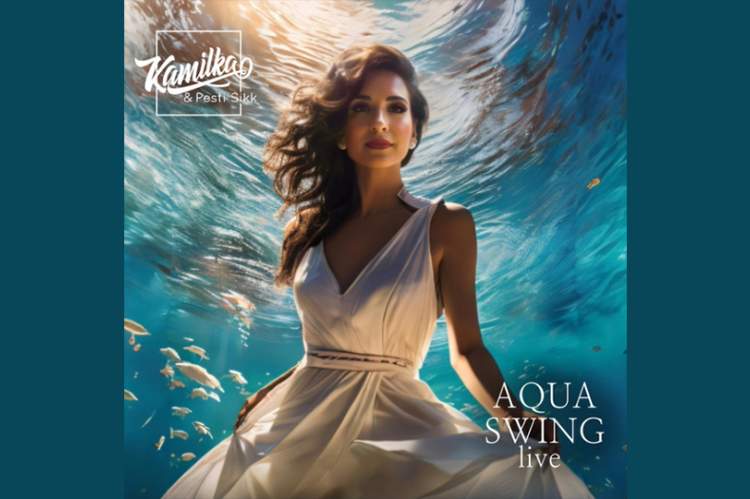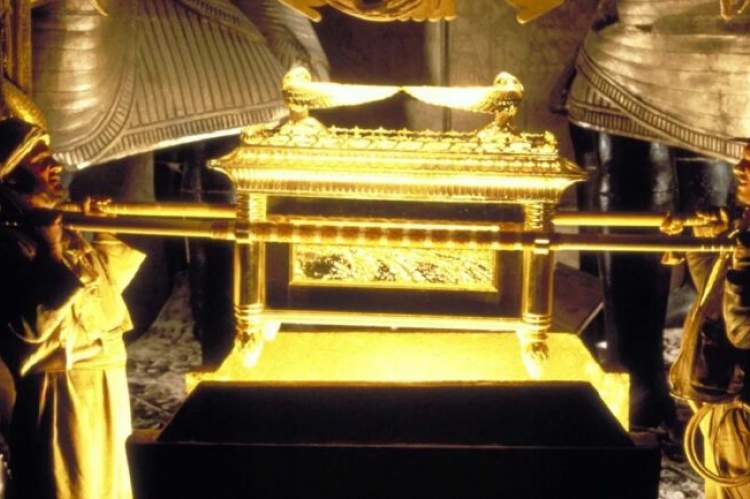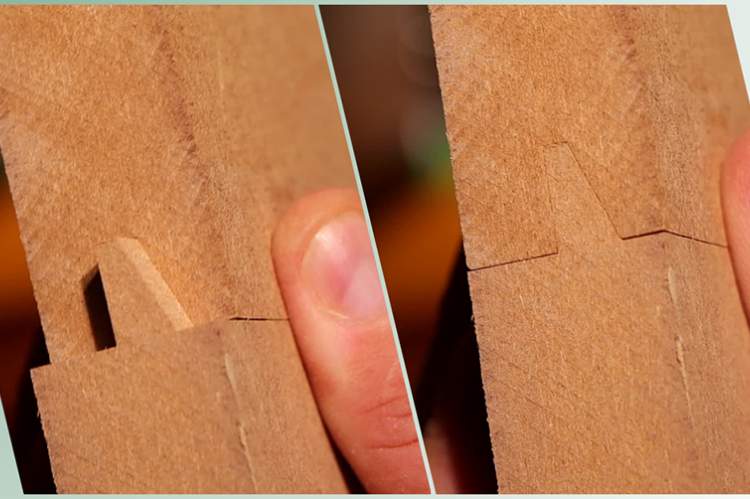Theory of islamic economy and taxation
Payment of Islamic taxes is considered a religious duty. The most important tax is Zakah, which is based on wealth and paid annually.
Interestingly, from the point of view of etymology, Zakah has no economic meaning. Originally, “Tazkiyah” means purification, growth. In a spiritual sense, the one who keeps him/herself purified, acquires the guidance of Allah and follows it, can grow:

But those will prosper who purify themselves, (Quran 87:14)

Allah did confer a great favour on the believers when He sent among them an apostle from among themselves, rehearsing unto them the Signs of Allah, sanctifying them, and instructing them in Scripture and Wisdom, while, before that, they had been in manifest error. (Quran 3:164)
The economic and tax principles of Islam were derived from this spiritual interpretation. So, it is not the will of a narrow group of people but the intention of Allah has to be realized by this economic mean.
Cash holdings, asset disposals, and inventories are subject to tax at a standard rate of 2.5 percent. Zakah is to be paid by those with surplus liquid wealth for the benefit of the poor and needy, typically via spending on social and humanitarian causes. The collection of zakah is usually organized separately from that of state taxes. Another traditional Islamic tax was the jizyah, or poll tax, paid by non-Muslim residents of a Muslim state to the government in exchange for government protection. It is necessary to note here that non-Muslim citizens did not serve in the army of Muslims. So, they did not contribute personally but financially to defense expenditures. The Islamic land tax (kharaj) is applied to both Muslims and non-Muslims according to acreage of land, with the rate depending upon output potential and a maximum rate of half of the crop value. Taking into consideration the huge scope of the subject I cannot describe all types of taxes, including Khoms (one-fifth) and others, with the need for completeness.
Before anyone else criticizes and comments that the sheikh wants to restore the feudal medieval in which the above taxation was applied, I quickly note that I described the feudal medieval, not the present. I mention an age when our ancestors in Europe galloped from one village to another with their grimy dicks, the rain dripped off from their fat and dirt-soaked pants - let us not deny these conditions -, while an empire set up a system of economy, money-management, taxation, which were such. I’m sorry, the principles weren’t democratic, but then that word wouldn’t have been understood. True, the situation has changed since then, today our dick would be grimy if we had a foreskin, and the ability to convert the knowledge of the past into the present is dripping off from our brains.
Today, the types of taxes and forms of transactions used in the Middle Ages are not applicable literally. But the principles, yes. I have described the transaction principles of the Islamic Banking under the title “Fundless reality”, now I would like to deal briefly with the theoretical foundations of Islamic economy
Islamic economy is a huge chapter. If anyone wants to dive in that subject will find details here: https://islamicmarkets.com/education/islamic-economics
I have the chance only to give a general outlook about the basic principles. The basic features of Islamic economic organization, as derived from the theoretical principals mentioned earlier are:
- It is a morally directed economy, being part of a whole moral philosophy: Islam. This is in contrast to morally neutral economic organization in capitalistic societies.
- Individual initiative has to be discharged within the framework of social responsibility i.e. no free market as such and no absolute ownership.
- The economy has a clear goal of establishing and maintaining a social welfare ‘solidarity’ organization for the needier sectors of the society.
- Work is the basic factor of production; it is a means to wealth generation and distribution. It is the legitimizer of wealth acquisition. It is an asset orientated economy; money is just a means of exchange and store of value. It is not allowed to be a commodity: It cannot in view of the prohibition of interest which allows trading in ‘loans’.
- In view of its strong moral framework and social aims, the basic recycling agent of wealth is a mandatory — very fixed and very stable religious obligation ‘Zakah’ which is a social tax on wealth specifically directed to the protection of the society. It is not a fiscal measure subject to variations of governments’ policies. There are other means of recycling: inheritance laws in Islam distribute wealth among a wider base than in capitalistic societies. There is also strong moral pressure to give freely (Sadaqa). Fiscal taxes as known today, have been levied and can be levied over and above Zakah if the state deems it necessary. Zakah is calculated at % of the total value of capital and profits, minus bad debts and depreciation. In case of tradeable assets i.e. rent, it goes up to 10%. In agriculture, it varies from 2-y % to 10% according to the type of irrigation. There is a different way for calculating animal tax. Zakah should be collected and distributed locally — only the surplus can go elsewhere and has definite avenues of distribution — the poor, the needy, the indebted who have no way to repay, the newly introduced to Islam, the defense of the society, the employees who collect Zakah, the emancipation of slaves in old times and the needy traveler.

Alms are for the poor and the needy, and those employed to administer the (funds); for those whose hearts have been (recently) reconciled (to Truth); for those in bondage and in debt; in the cause of Allah. and for the wayfarer: (thus is it) ordained by Allah, and Allah is full of knowledge and wisdom. (Quran 9:60)
Alms or charitable gifts are to be given to the poor and the needy and those who are employed in their service. That is, charitable, funds are not to be diverted to other uses, but the genuine expenses of administering charity are properly chargeable to such funds. Who are the needy? Besides the ordinary indigent, there are certain classes of people whose need is great and should be relieved.
Those mentioned here are: 1. men who have been weaned from hostility to Truth, who would probably be persecuted by their former associates, and require assistance until they establish new connections in their new environment: 2. those in bondage, literally and figuratively: captives of war must be redeemed: slaves should be helped to freedom-, those in the bondage of ignorance or superstition or unfavorable environment should be helped to freedom to develop their own gifts: 3. those who are held in the grip of debt should be helped to economic freedom: 4. those who are struggling and striving in Allah's Cause by teaching or fighting or in duties assigned to them by the Islamic State, who are thus unable to earn their ordinary living: and 5. strangers stranded on the way. All these have a claim to charity. They should be relieved by individual or organized effort, but in a responsible way. In this verse, the word sadaqah refers to obligatory charity (Zakah). It is clear then that there are basic differences between both theoretical and organizational orientation, aims and framework of an Islamic economy and a traditional (capitalistic) one. When it comes to the instruments of economic policy (e.g. monetary policies, prices, market organization etc.) Islam has not specified detailed procedures for the very reason mentioned earlier: these are matters of organization which an Islamic society has to design and adapt whatever way it sees fit to implement the basic features of its economic organization.




















